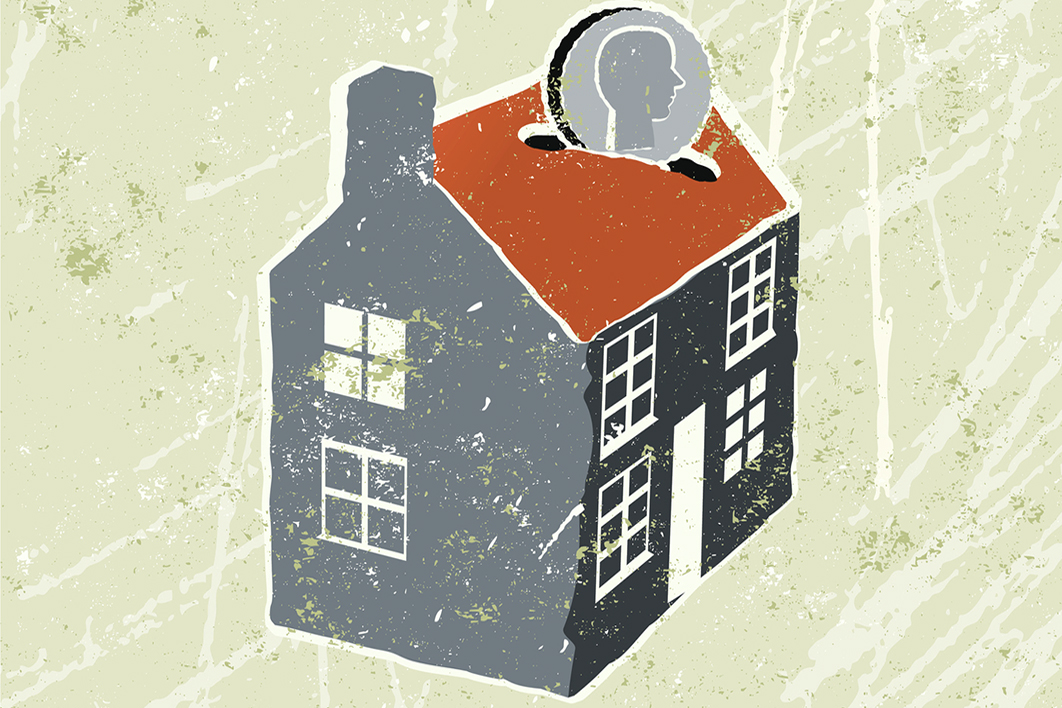Impact of Failed Housing Policy and Behavioural Health System
Introduction
The issue of affordable housing in the United States has long been a pressing concern, particularly for individuals with disabilities who rely on Supplemental Security Income (SSI). The Technical Assistance Collaborative and the Consortium for Citizens with Disabilities Housing Task Force recently published the biennial “Priced Out in 2012,” a study that highlights the severe challenges faced by people with disabilities in securing safe and decent housing. This report underscores the widespread failure of housing policies to address the needs of the most vulnerable populations, particularly those with serious mental illness. The failed housing policy is not just an economic issue but a profound social justice concern, as it perpetuates discrimination and exacerbates the struggles of those already facing significant barriers.

The Reality of Failed Housing Policy for Individuals with Disabilities
The Inadequacy of SSI for Housing Affordability
Individuals with mental illness receiving SSI face significant financial constraints that make affording housing nearly impossible. In 2012, the average annual income for a single individual receiving SSI payments was $8,714, which is only 19.2% of the national median income for a one-person household and almost 22% below the federal poverty level. According to federal policy, the failed housing policy, rent is considered affordable if it does not exceed 30% of a person’s income. However, the national average rent for a modest one-bedroom rental unit in 2012 was $758, equivalent to 104% of the average monthly income of a one-person SSI household. This stark disparity confirms that it was virtually impossible for individuals receiving SSI to afford rental housing without permanent rental subsidies.
The Impact of Stigma and Discrimination
For individuals with serious mental illness, the challenges are compounded by stigma and discrimination. Anecdotal evidence suggests that affordable housing is often less available to this group compared to other disability groups. This discrimination is not just a social issue but a systemic failed housing policy. The public behavioral health system, often identified as broken, is further undermined by the lack of adequate housing options. The visible failures of chronic homelessness, institutionalization, and incarceration are direct consequences of inadequate federal and state housing policies for the poorest and most disabled individuals.
Historical and Structural Failures of a Failed Housing Policy
The Origins and Flaws of Public Housing
The failed housing policy in the United States can be traced back to the inception of public housing initiatives. The federal government’s plans to build public housing, which began in the 1930s as part of the New Deal, were undermined from the outset. Opposition from Americans who disapproved of using tax dollars to subsidize housing and real estate developers who feared competition led to significant challenges. The Housing Act of 1949, despite its goal of providing “a decent home and a suitable living environment for every American family,” was hampered by cost caps that encouraged the use of cheap materials and racial segregation. These policies set the stage for the decline of public housing in the decades that followed.
The Decline of Public Housing
Starting with President Richard Nixon, who suspended federal spending on subsidized housing, public housing faced severe austerity measures. Federal investments shifted away from building new public housing units and toward housing vouchers and public-private partnerships. This shift, while intended to provide more flexibility, often failed to meet the needs of the most vulnerable populations. The decline in quality and the eventual demolition of many public housing units further exacerbated the housing crisis.
Contemporary Challenges and Failures
The Failure of Housing First Policies
In recent years, policies such as “Housing First” have been implemented to address homelessness. However, these policies have often failed to achieve their intended outcomes. For example, California’s “Housing First” policy, which aimed to provide permanent supportive housing without requiring individuals to address underlying issues such as substance abuse or mental health, has been criticized for its lack of effectiveness. Studies have shown that simply providing housing without addressing these underlying issues does not lead to improved outcomes for individuals.
The Ineffectiveness of Housing Vouchers
Another area where failed housing policy has fallen short is in the implementation of housing vouchers. Despite being a critical tool for low-income families, the voucher program has significant flaws. A study by the Furman Center for Real Estate and Urban Policy at New York University found that nearly half of households awarded housing vouchers in 2022 were unable to use them. This problem has worsened over time, with the share of households unable to use their vouchers increasing from 35% in 2018 to 45% in 2022. The U.S. Department of Housing and Urban Development (HUD) does not require local authorities to track or improve these failure rates, leading to a system that often fails those it is intended to help.
Conclusion
The failed housing policy in the United States is a multifaceted issue that affects some of the most vulnerable populations, particularly individuals with disabilities receiving SSI. The inadequacy of SSI for housing affordability, compounded by stigma and discrimination, has led to a severe housing crisis. Historical and structural failures, such as the decline of public housing and the shortcomings of contemporary policies like “Housing First” and housing vouchers, have further exacerbated the problem. Addressing this crisis requires a comprehensive reevaluation of a failed housing policy, with a focus on providing adequate financial support, reducing stigma, and ensuring that policies are effectively implemented to meet the needs of all individuals, regardless of their disability status.
